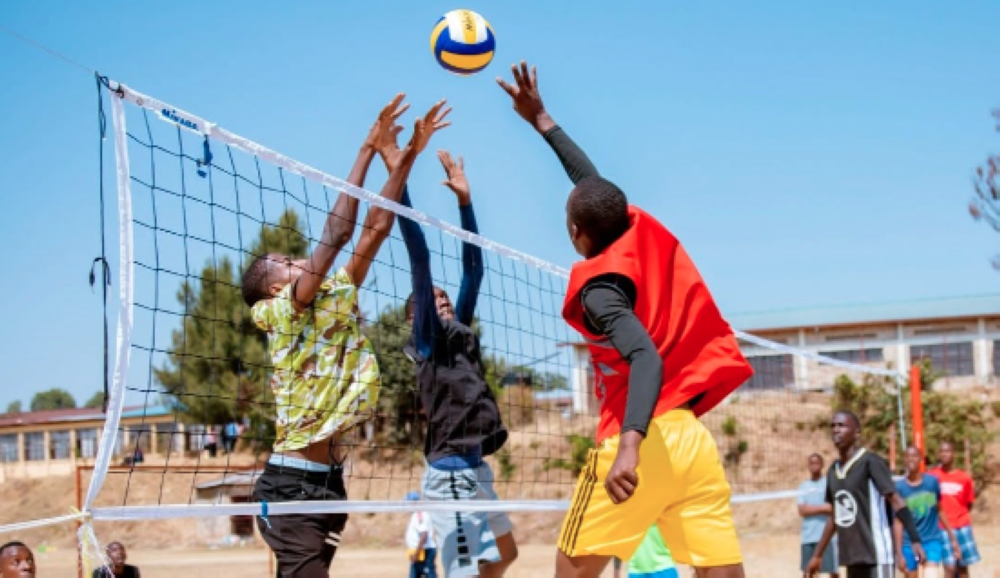Life has never been short of material to add to what we already have. At different levels one tends to adopt new skills to elevate them to the next level of challenge.

Life has never been short of material to add to what we already have. At different levels one tends to adopt new skills to elevate them to the next level of challenge.
For the infants, the learning curve is long and bumpy. Before they face the wrath of the outer world, every unborn child’s skills acquisition starts with the ability to communicate and interpret the telepathic signals between itself and its mother throughout the nine month lifespan.
These become the primary survival skills of every individual in their early years. However as one grows, the stages of development require a different set of skills to be attained by an individual as seen in the infant stage of a child where the basic skills — walking and finding food when hungry — set in.
However, today the discussion could be more placed on the more advanced set of skills far more than the basic; Life Skills. How does one define these? Are they relevant to us as people? Well in a layman’s language, one could loosely define life skills as abilities attained to facilitate an individual address challenges that hinder him or her in achieving desired targets.
Looking at the relevancy of life skills, one would not dispute their importance especially to the vibrant adolescents whose energy has to be channeled to more productive actions say sport, art and music, among many others.
Acknowledging the many that have put effort into child development with various educational aspects to impart in these young Africans, the founders of Young Voice Africa could be noted for coming up with a magazine that empowers young people in tackling issues concerning drug abuse, reproductive health, HIV/AIDS, environmental protection, reading culture and life skills; in which young people are given a platform to voice their opinions on several different issues but most importantly initiate writivism amongst them at an early age.
Rwanda moving towards a cosmopolitan arrangement with three languages with not only French and Kinyarwanda prevailing but the growth of English and influx of English speaking foreigners; the easiest way a child could favourably get versatile at both French and English would be to try writing which not only breeds an internal desire to learn more, improve grammar but also sets milestones for the young to count their achievements.
That said, there is a lot that each of us can invest in a child as they develop to a more competitive level, for each of us has something young people can learn and use in their quest for self reliance. Therefore we should uphold every skill with utmost care and discipline if we are to improve the quality within our education system.
The writer is a social commentator




